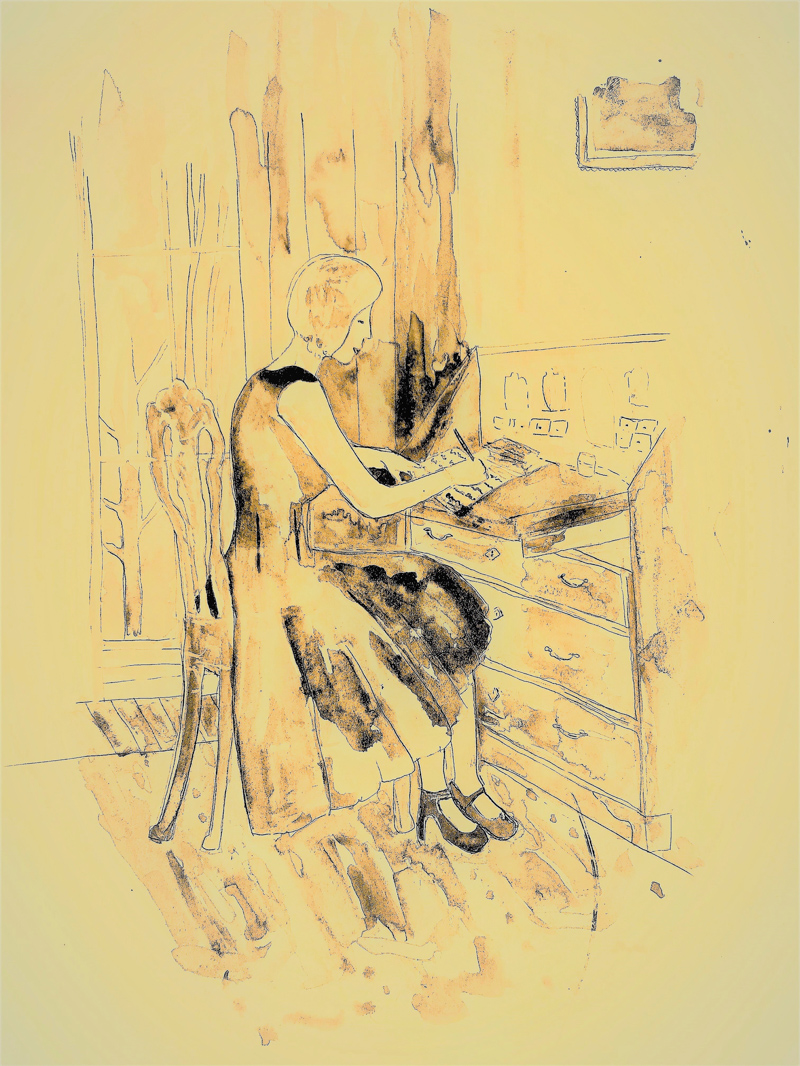Memoirs Are Forever
I’m writing my memoirs for my son.
I’m getting it all down: relevant childhood, teenage and adult anecdotes, as well as learnings and observations.
I don’t plan to hand it over for at least six years, and it will probably be a work in progress for the duration. I’ll err on the side of indulgence rather than austerity, because now I’ve started, there’s not much I want to leave out. I’ll keep adding new text boxes like “When should you walk away?” or “Essential health do’s,” “Tips on being happy.” I hope it will be a tome, so that he has a lot of me to go back to when I’m gone.
I asked my mother and mother-in-law to write their stories. Mum huffed a bit and said, “I’ll just write a few dot points.” Eventually, she emailed my siblings and me 40 pages. It is amazing to have all of these questions answered about timelines, sequences, and family. And it opens up more conversations, unearthing yet more findings. She included tidbits of history, such as how it was in the war. She was also writing with the grandkids in mind.
Interestingly, since I have my mum’s memoirs, I’m not as scared of her dying. Since starting my own memoirs, I’m also not worried about dying or the slide into senility, not afraid of leaving my son with just photos and memories. I just wish I’d asked for my dad’s story when I had the chance.
My son will get not only his parents’ memoirs, but also those of both his grandmothers. He’ll also receive a diary I’ve been keeping of him since he was born. Not a big commitment, just some points every couple of months of memorable events, what he says and does and what interests him.
Although I’m writing my memoirs for my son, the writing is cathartic. I now write instead of regular evening escapism, such as watching Netflix. Once the words are down, I will have the option to let go of the memories I don’t need to live with. It also is an opportunity to word my wisdom thoughtfully. I’ll sound much wiser to my son on paper than in my half-baked spoken observations.
If your memoirs are calling and you’re having trouble starting, begin with a timeline of the main events. If you don’t enjoy writing, stick to dot points. You choose what to write, and it can be any length from a few pages to a doorstop. Probably the important thing is just to start. And if your parents or other significant people are still around, ask them to start, too.
By Bryony Edwards
Bryony Edwards is a climate emergency campaigner and has held down her day job for nine years. She lives with her partner and seven-year-old son in Melbourne, Australia. http://www.voteplanet.net
Illustration by Lemady Rochard
Lemady is an artist who also runs Storycraft classes for children aged one-and-a-half to eight years in Ruschlikon, ZH. She is currently studying a Masters in fine arts and also has a background in theatre arts and children’s literature. Lemady lives in Thalwil with her two young children. Contact her: lemady@mail.com




